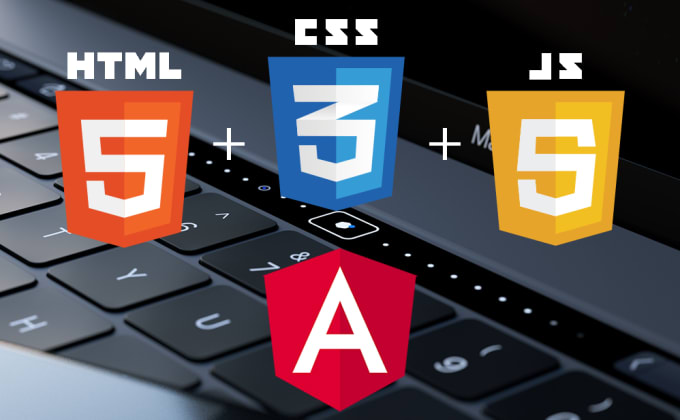

- #JAVASCRIPT HTML5 VIDEO SROUCE TELL WHEN FINISHED HOW TO#
- #JAVASCRIPT HTML5 VIDEO SROUCE TELL WHEN FINISHED CODE#
- #JAVASCRIPT HTML5 VIDEO SROUCE TELL WHEN FINISHED DOWNLOAD#
Hls: 'application/x-mpegURL codecs="avc1. Modernizr includes a small function to detect video format support I've taken a moment to take that logic and create my own function for general purpose use without Modernizr: Open the video player webpage of the needed HTML5 video and copy the URL of this page. Here I take HTML5 video from YouTube as an example. Copy & paste the HTML5 video URL and analyze it.
#JAVASCRIPT HTML5 VIDEO SROUCE TELL WHEN FINISHED DOWNLOAD#
It will take you to the New Download window. What I did: What worked for me was updating my video drivers. Launch the HTML5 video downloader, select Downloader and press + New Download button. The current specification is known as the HTML Living Standard. It is the fifth and last major HTML version that is a World Wide Web Consortium (W3C) recommendation. I was using an updated browser and removed cache and cookies too, but no help. HTML5 is a markup language used for structuring and presenting content on the World Wide Web.
#JAVASCRIPT HTML5 VIDEO SROUCE TELL WHEN FINISHED CODE#
Video.canPlayType('video/webm codecs="vp8, vorbis"') // "probably" Here in this tutorial, I am going to tell you how you can build a play pause button for HTML5 video easily with simple code snippets. You then call canPlayType, passing in the format's MIME type and additional details as needed: To use this method you must first create a element instance:Ĭonst video = document.createElement('video')
#JAVASCRIPT HTML5 VIDEO SROUCE TELL WHEN FINISHED HOW TO#
A while back I posted about how you can detect WEBP support in the browser and now I'd like to show you how to detect supported video formats - it's easier than you think! ĬanPlayType is the secret to detecting video format support in the browser.

Simply put: we now need to do feature detection on media, something we've not traditionally had to do. The problem: as with every other features added to the browser, some browsers get media format support faster than others, and some browsers refuse to support given formats. This is a great development as we have more processing power and better compression algorithms have been developed, leading to faster load times and rendering. To go about this scenario, the solution would be setting an event handler to listen for the video “loadedmetadata” event.ĭocument.getElementById("video1").Over the past few years we've been seeing new audio, video, and image formats take shape to challenge the legacy formats that we've used since the web's inception.

A scenario where this could happen is when a webpage wants to play a video at a specific time when the page loads. If it doesn’t have that, then current time will not be set (remains 0). Knowing the video’s duration is required for the browser to seek the video. The metadata contains pertinent video information such as dimensions and duration. The Javascript statement sets the video1 video’s current time to the 10-second mark. However, this will only work if the browser has already loaded the video’s metadata. If one needs to seek a video to a specific time, one can do something like this:ĭocument.getElementById("video1").currentTime = 10 Here I am sharing a little tidbit about HTML5 video for anyone that needs a refresher.


 0 kommentar(er)
0 kommentar(er)
